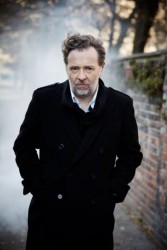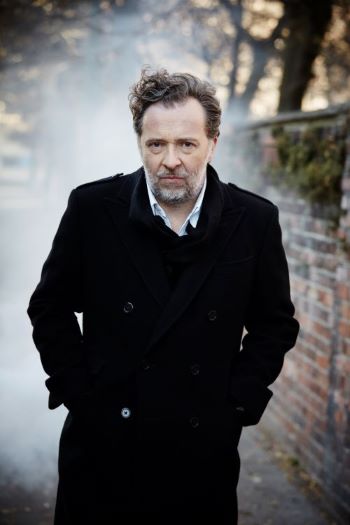 Switzerland Schumann and Brahms: Christian Gerhaher (baritone), Gerold Huber (piano), Grand Théâtre de Genève, 20.5.2019. (ALL)
Switzerland Schumann and Brahms: Christian Gerhaher (baritone), Gerold Huber (piano), Grand Théâtre de Genève, 20.5.2019. (ALL)

Brahms – Sehnsucht Op.14 No.8; Vor dem Fenster Op.14 No.1; Vom verwundeten Knaben Op.14 No.2,; Der Gang zum Liebchen Op.48 No.1; Vergangen ist mir Glück und Heil Op.48 No.6; Meerfahrt Op.96 No.4; Anklänge Op.7 No.3; Verzagen Op.72 No.4; Über die Heide Op.86 No.4; Die Kränze Op.46 No.1; Todessehnen Op.86 No.6; Regenlied – Zyklus Op.59 (initial version); Regenlied, Dein blaues Auge hält so still, Mein wundes Herz verlanget, Nachklang;
Schumann – Zwölf Gedichte Op.35 (Kerner); Lust der Sturmnacht, Stirb, Lieb’ und Freud’!; Wanderlied; Erstes Grün; Sehnsucht nach der Waldgegend; Auf das Trinkglas eines verstorbenen Freundes; Wanderung; Stille Liebe; Frage, Stille Thränen, Wer machte Dich so krank?; Alte Laute; Drei Gedichte Op.119: Die Hütte, Warnung; Der Bräutigam und die Birke; Sechs Gesänge Op.8: Es stürmet am Abendhimmel; Heimliches Verschwinden; Herbstlied; Abschied vom Walde; In’s Freie!; Röselein;
Christian Gerhaher is justly revered in German-speaking countries as the Master Lieder Singer of our ages yet this was his first appearance in Geneva. On this occasion, there were surprisingly a few empty seats in the Grand Théâtre; the audience, however, was unusually respectful, silent, concentrated and made up of genuine connoisseurs.
And there was much to admire. Gerhaher has a remarkable sense of line and care for words. Texts were perfectly understandable, as if spoken. Musical phrasing and quality of breathing were exemplary. Colouration was varied. His range of nuance, particularly in the softer passages, were quite extraordinary, while more dramatic passages made the audience realise how much power Gerhaher was able to summon quickly.
At the keyboard, Gerold Huber was a genuine partner and accomplice. He matched him in nuances, so as never to overplay nor be relegated to the shadows. There were a few expressive rubati where he was totally at one with the singer. This was a chamber music recital at its best.
And yet it was not a fully satisfying evening. Gerhaher choose a selection of works too similar in mood. The audience was offered a long series of short variations on the subject of the ‘suffering German poet’. The programme, which consisted of lesser-known works, lacked variety. The first Brahms pieces had a pleasingly fresh, direct appeal, but all subsequent works were very demanding. It was an evening primarily for Lieder specialists.
There is nothing inherently wrong with such an approach, but some artists – and particularly in smaller settings and venues – manage to convince the audience that they are performing for them, not for themselves. Throughout the evening one could not fail to admire the skill of the musicians, but their severity was perhaps rather too excessive
Antoine Lévy-Leboyer
